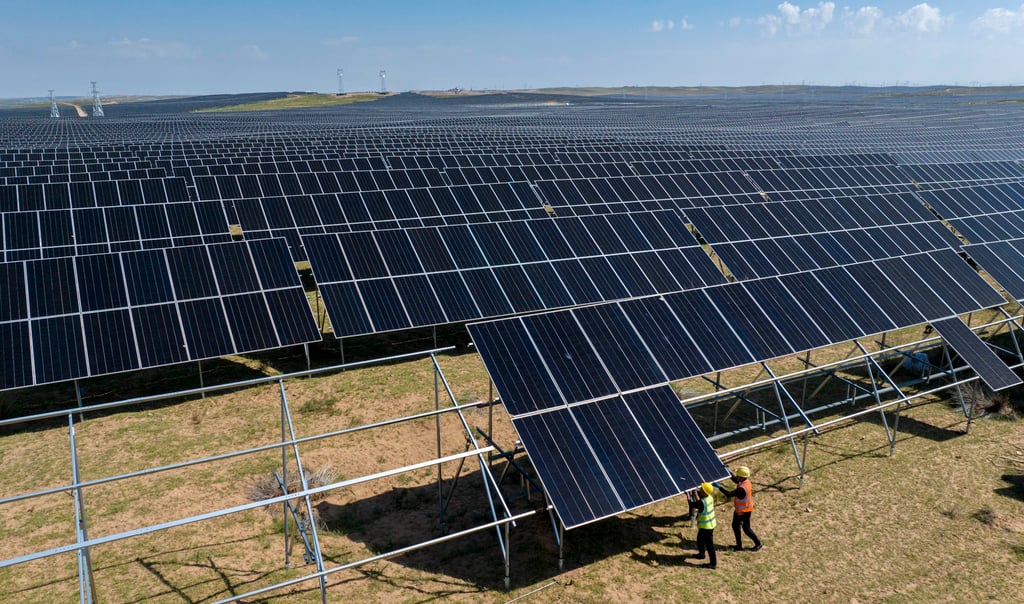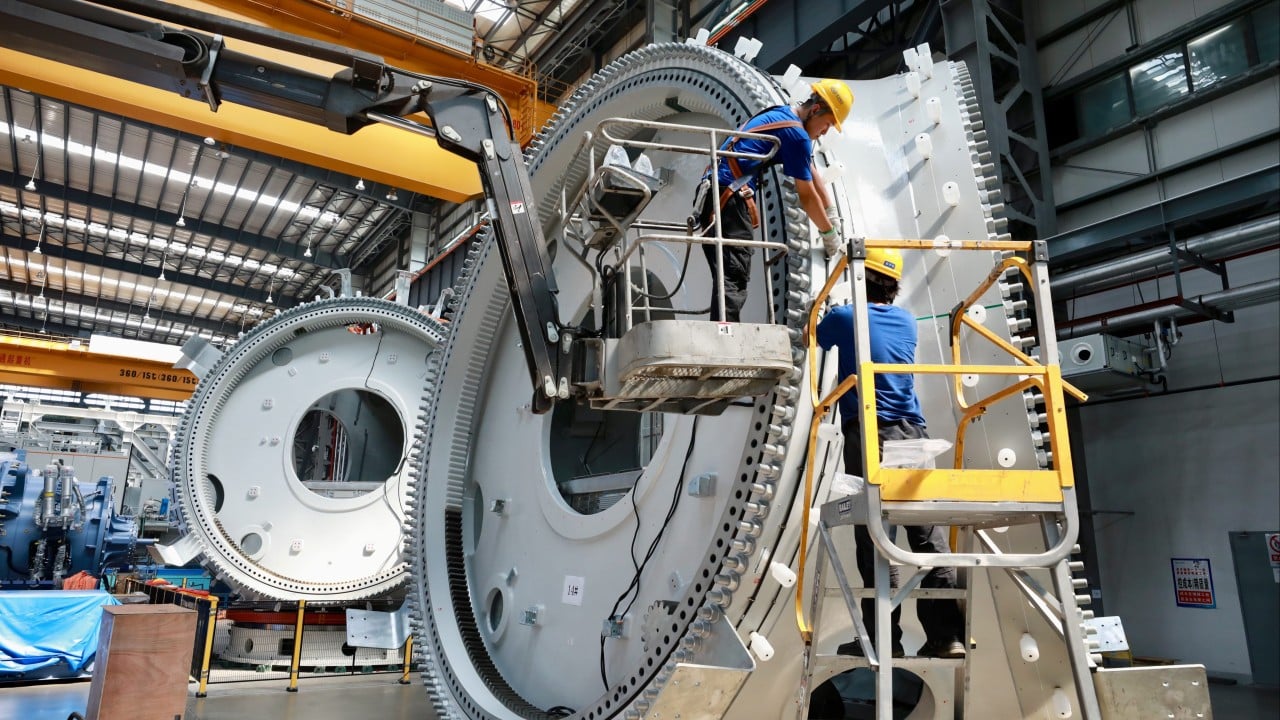The election of Donald Trump – a felon and climate crisis denier – as president of the United States comes as a stroke of bitter irony after recent floods exacerbated by global warming smashed parts of the southeast US – Hurricane Milton alone is likely to cost up to US$50 billion – and given the escalating intensity of wildfires and other natural disasters taking a huge toll on America and other countries. Trump’s “drill baby, drill” energy policies are a disaster for the US, intergenerational equity and global efforts to mitigate the climate crisis.
Advertisement
It is likely that he will undermine the Paris Agreement – as was the case in his previous presidency – reduce support for renewable energy, close down the National Oceanic and Atmospheric Administration which monitors emissions, roll back environmental protections and regulations targeting the fossil fuel industry and potentially trash key parts of US President Joe Biden’s Inflation Reduction Act, which is slated to allocate billions of dollars towards decarbonising the US economy over the next 10 years.
Extra tariffs on imports such as electric vehicles (EVs) and solar panels from China, Mexico and Southeast Asian countries will do untold harm to US consumers already slammed by cost-of-living pressures, to the economy more broadly and to the US’ global geopolitical standing.
Nevertheless, despite this crushing setback for US decarbonisation, the global energy transition is inevitable, inexorable and speeding up in many countries. The US will be isolated and certainly lose the global clean tech race. China is now winning.
China, the world’s largest emitter of greenhouse gases, is speeding up its energy transition at unprecedented speed and scale as it leads in research and development, investment, manufacturing, deployments and exports in clean tech. It’s currently the biggest decarbonisation story on Earth, with overwhelmingly positive implications for global emissions reduction.
Advertisement
China met its renewables targets this year, six years early. It is likely that its national emissions may also peak earlier than scheduled, as firmed renewables deployments grow at an astonishing rate and construction activity wanes. Its reach extends globally as it pours billions of dollars of investment into renewables and clean tech manufacturing and projects around the world from Thailand and Hungary to Morocco – some US$100 billion since 2023.


